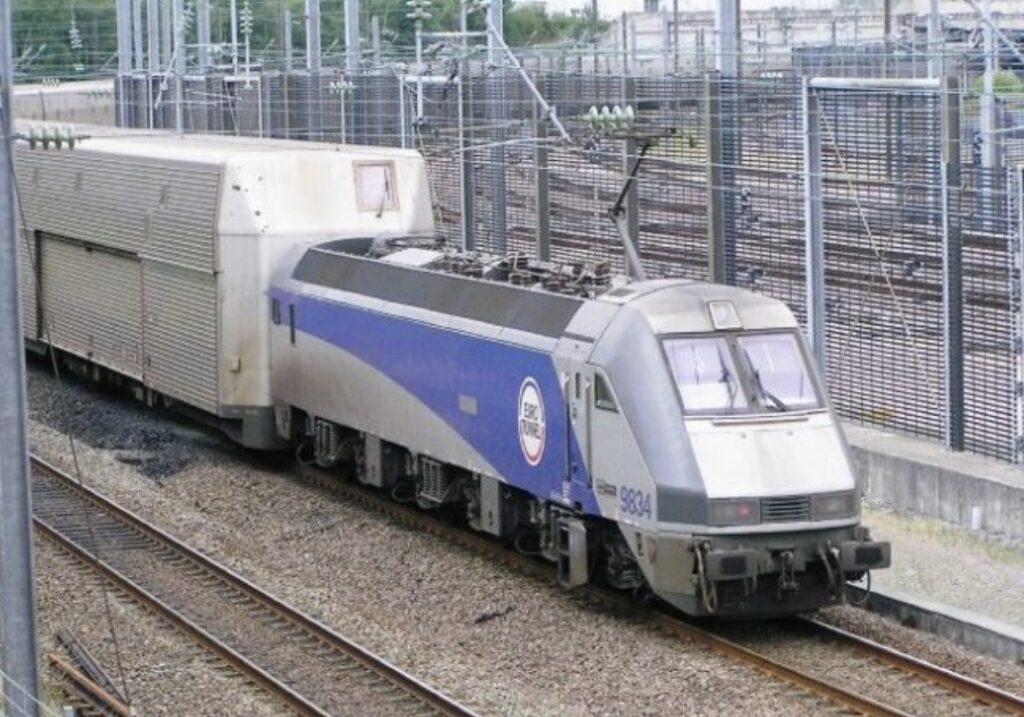European ports and Eurotunnel, ’we are ready for Brexit, are supply chains’?
The LoadStar writes in an article that, European ports and the operator of the Channel Tunnel say they are increasingly concerned about the efforts of government and the wider supply chain to prepare for Brexit.
This is my experiebce as well having met with all ports, terminals and the involved operators. The LoadStar writes further more:
Manager of external affairs at the port of Rotterdam Mark Djik told a UK parliamentary select committee that, while he was confident the Dutch gateway would be ready for the end of the Brexit transition next month, he was concerned by the efforts further down the supply chain.

“We are ready, but you cannot be ready alone, and if you look at the whole supply chain – producers and manufacturers – we need to know they are,” said Mr Djik.
“If you want the supply chain to work, it is not simply enough for the ports and the customs authorities to be ready, there needs to be awareness further along the supply chain that the impact will not only be felt by those directly affected. I think we need to increase the level of awareness.”
Chief executive of the port of Calais Jean-Marc Puissesseau echoed Mr Djik’s comments, adding that the French port had begun preparations two years ago and was now ready – and he said he expected hauliers also to be prepared.
“They may not be ready with the first shipment, but the difficulty experienced will ensure they are ready second time around,” he said.
Concerns also continue to mount over the state of UK border systems, the Goods Vehicle Movement Service (GVMS) still in development, with full-scale testing now not expected until mid-December.
Director of public affairs for Getlink, formerly Eurotunnel Group, John Keefe said the delay in getting the system out was causing a “degree of concern”.
“We have only ever been a single-destination operator, which means we have known from the start that we had to develop and implement infrastructure to handle the changes associated with Brexit,” said Mr Keefe.
“Come 1 January, we’re confident these elements, the ones we were responsible for, will work perfectly, but we’re concerned that government systems are still in development.”
There are still concern on Government systems on the UK side, even though my contagts still days that the key system functions will be ready in time.
It is more worrying with the private sector. I have met many large multinationals, even in the most advance supply chains, that struggle.
The preparations done, sometimes together with well established consulting companies, are now strarting to show weaknesses in relation to customs and border elements – since in many cases the established customs expert companies and the experienced intermediary industry habe not been involved.
Many companies have used their traditional consultants, which simply don’t have the detailed deep knowledge and experience about these areas. When large companies now ger signs that their preparations and plans don’t hold for the test, a call to the established industry often results in the answer, ”we are out of resource and capacity right now, come back in April”.
There are ways around it but there are very few expert companies in the market that can manage that.
On top of thiswe have the many companies that have not prepared at all yet. UK Government eatimated the number recently to be as much as 65-70%.
This is the big challenge, are supply chains ready? The answer right now is no, could more be done to January 1st? The answer is yes.
Source: TheLoadStar
You must be logged in to post a comment.